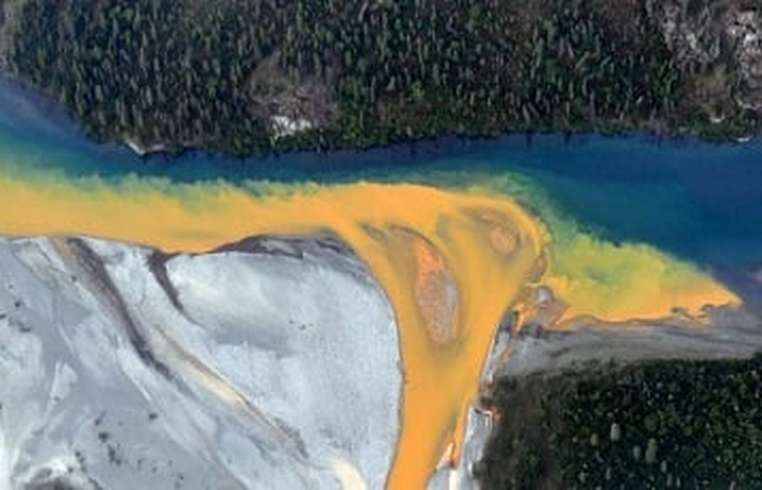
News - Alaska rivers and streams turning orange, researchers find out why
Business Strategy
Alaska rivers and streams turning orange, researchers find out why

Rivers and streams in Alaska are changing color—from a clean, clear blue to a rusty orange—because of the toxic metals released by thawing permafrost, according to a new study, CNN reports. The finding surprised researchers from the National Park Service, the University of California at Davis and the US Geological Survey, who conducted tests at 75 locations in the waterways of Alaska’s Brooks Range. The rivers and streams in the range appeared to rust and became cloudy and orange over the past five to 10 years, according to the study published in the journal Communications: Earth & Environment. The discoloration and cloudiness are being caused by metals such as iron, zinc, copper, nickel and lead, the researchers found—some of which are toxic to the river and stream ecosystems—as permafrost thaws and exposes the waterways to minerals locked away underground for thousands of years. “We’re used to seeing this in parts of California, parts of Appalachia where we have mining history. This is a classic process that happens in rivers here in the continental US that have been impacted for over 100 years since some of the mining rushes in the 1850s,” said Brett Poulin, a co-author of the study and a professor of environmental toxicology at UC Davis. “But it’s very startling to see it when you’re on some of the most remote wilderness and you’re far from a mine source.”






